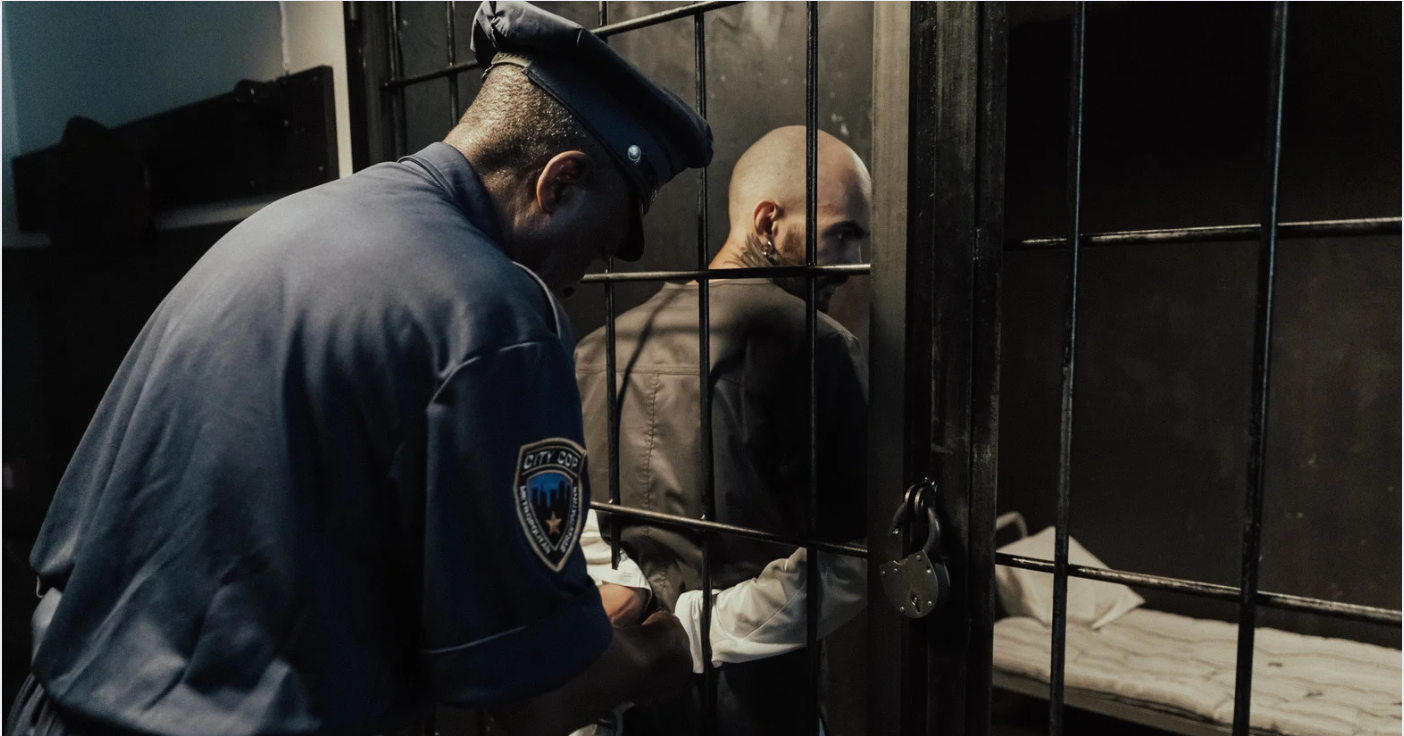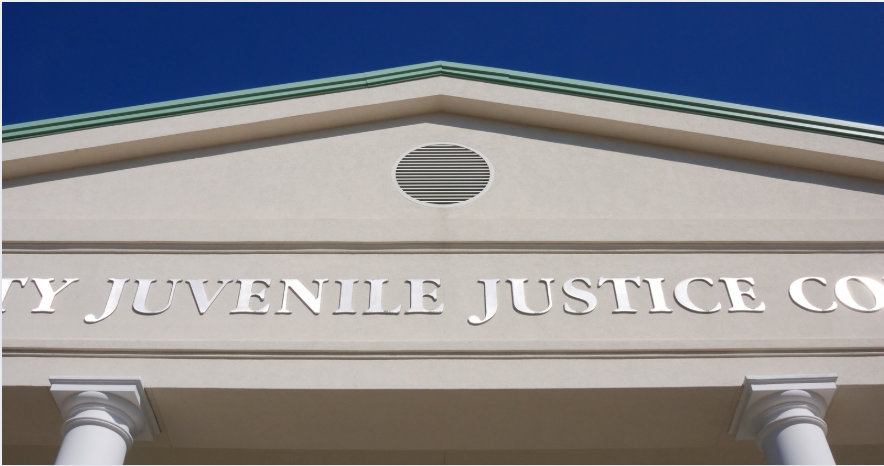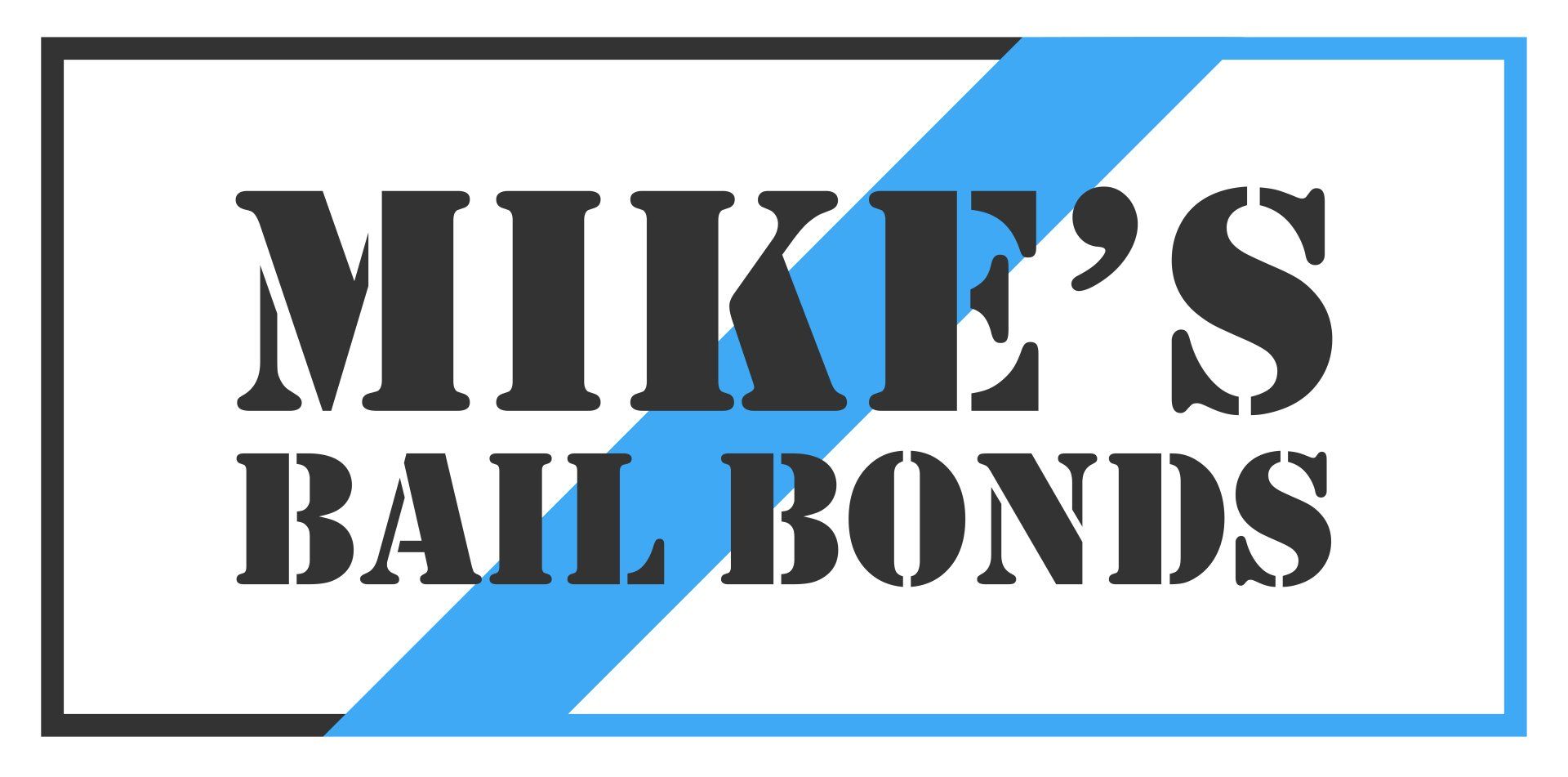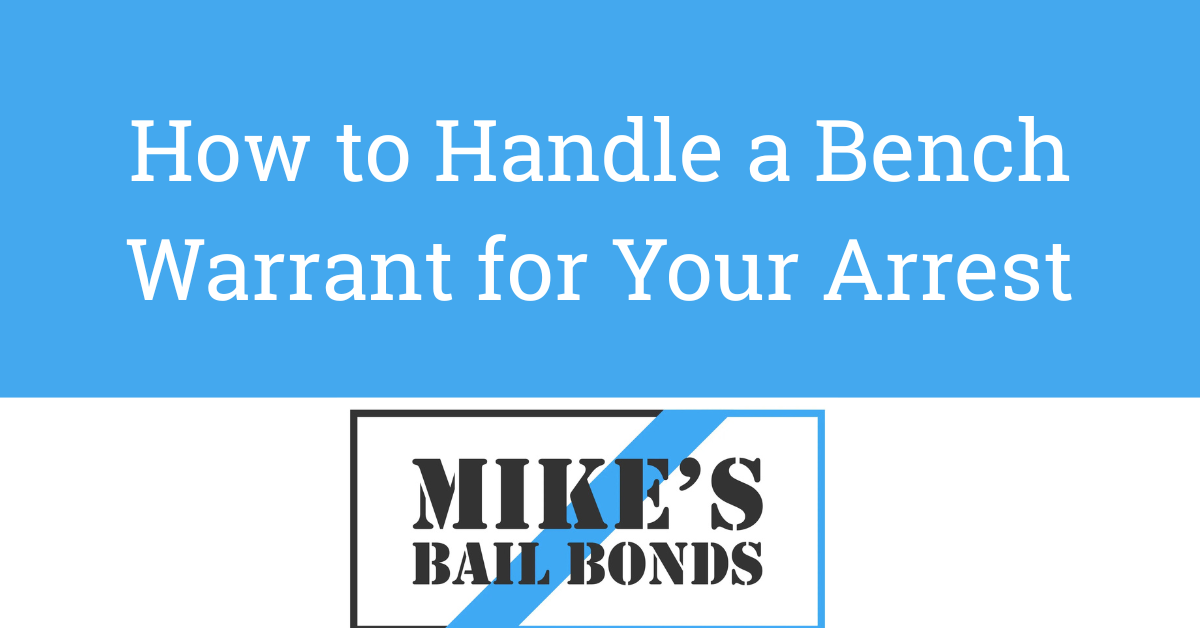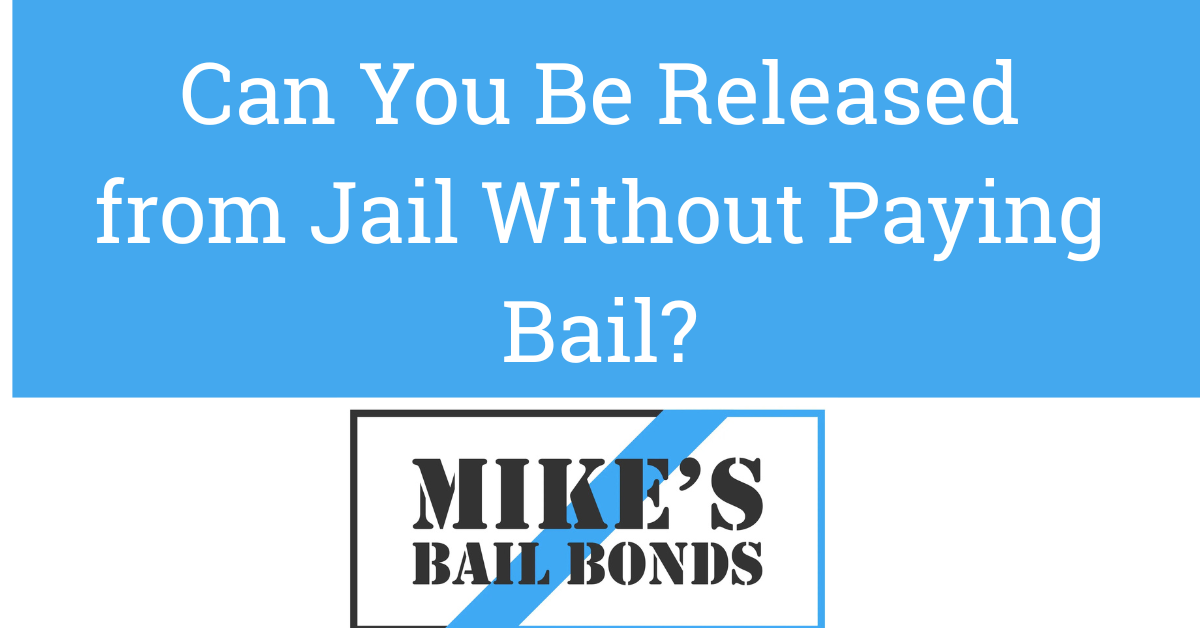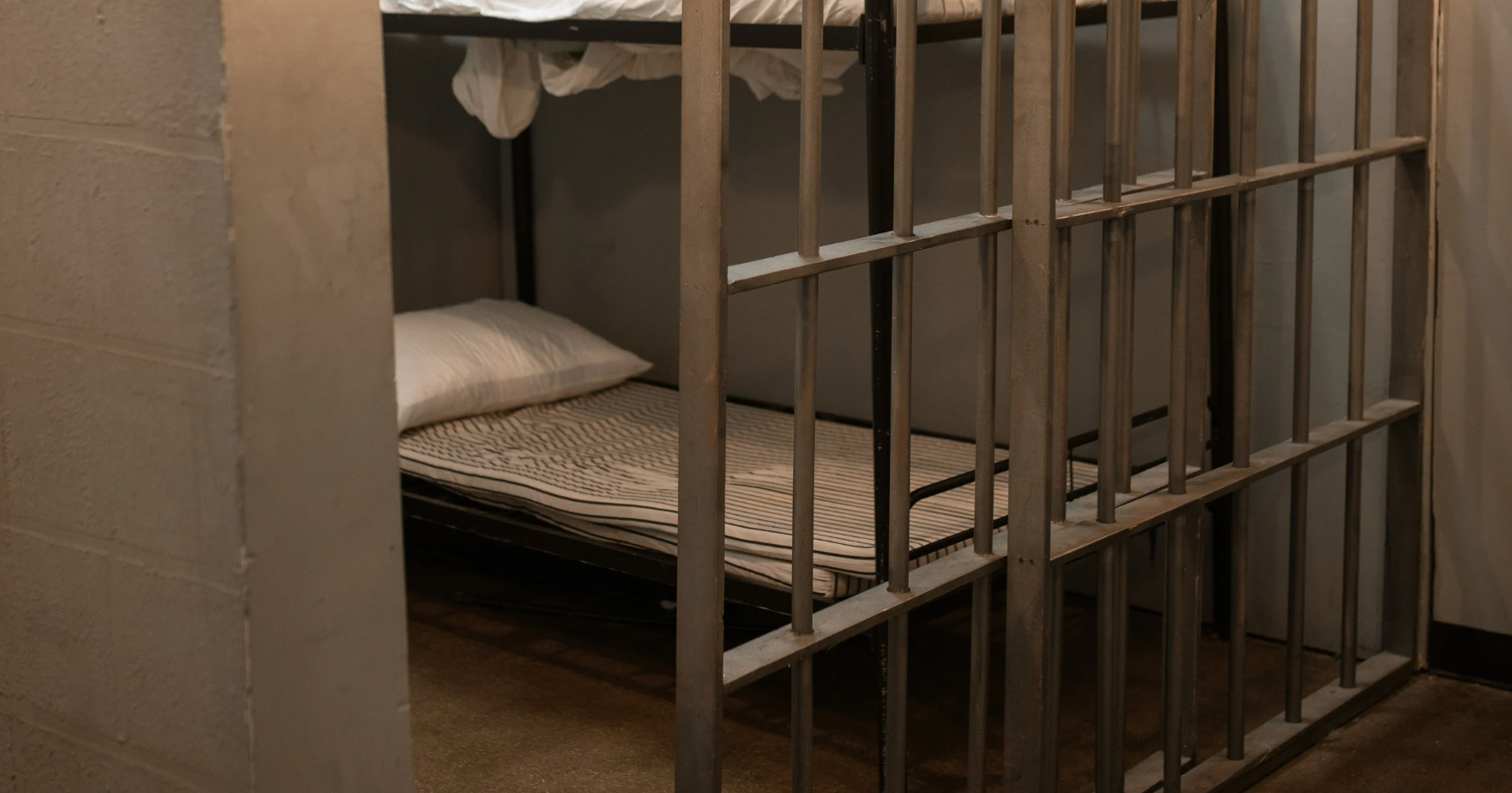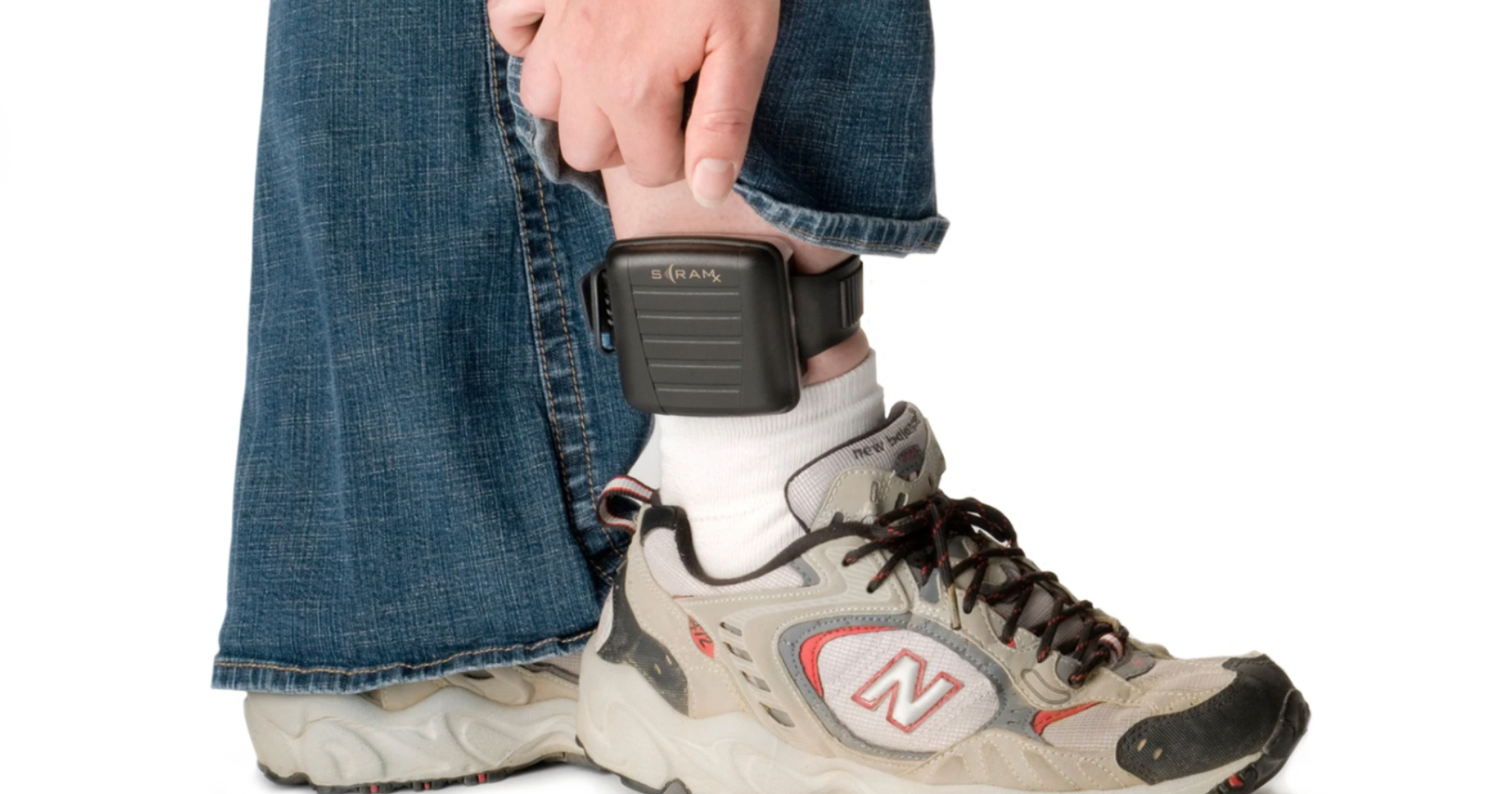What Is a Property Bond and How Does It Work in Connecticut?
When someone is arrested, they often have the option to post bail in order to be released from custody while awaiting their court date. While most people are familiar with cash bail or bail bond services, property bonds are another option that may be available under certain circumstances. If you’re considering a property bond, here’s what you need to know about how they work in Connecticut.
What Is a Property Bond?
A property bond is a type of bail where real estate is used as collateral to secure a defendant’s release from custody. Instead of paying cash or working with a bail bond company, the defendant or a family member pledges the equity in a property they own to cover the bail amount. If the defendant meets all court obligations, the property remains untouched. However, if they fail to appear in court, the court may initiate foreclosure proceedings to recover the bail amount.
How Does a Property Bond Work in Connecticut?
In Connecticut, property bonds are not as commonly used as cash bail or bail bonds due to the additional steps and requirements involved. To secure a property bond, the following steps are typically required:
- Assessing Property Value: The court requires proof that the property has sufficient equity to cover the bail amount. This often involves an official appraisal or providing documentation such as a recent property tax assessment.
- Clearing Liens: Any outstanding mortgages, liens, or other claims on the property must be disclosed. If the court determines there’s not enough equity to cover the bail, the property bond may be denied.
- Filing the Bond: The property deed is submitted to the court as collateral. This effectively places a lien on the property, meaning it cannot be sold or refinanced without the court’s approval until the case is resolved.
- Release of Property: Once the defendant has fulfilled all court obligations, the property lien is released, and ownership rights return to normal.
Pros and Cons of Property Bonds
Property bonds can be a good option for those who lack the funds for cash bail or do not qualify for a traditional bail bond. However, the process can be time-consuming due to court requirements, and there’s a significant risk if the defendant doesn’t appear in court.
Trust Mike’s Bail Bonds for Your Bail Needs
While property bonds are an option, they can be complex and time-intensive. Mike's Bail Bonds offers fast and reliable alternatives, helping you secure a loved one’s release quickly without risking your property. Contact us 24/7 to discuss your options and get the help you need today!



